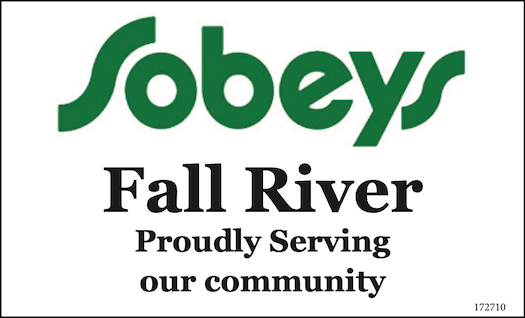HALIFAX: Several new projects funded by the Province will help with the adoption of ecological forestry to achieve a sustainable forestry sector in Nova Scotia.
Ecological forestry is a new approach to forestry management that protects ecosystems and biodiversity, supports economic growth and keeps the province’s forests healthy and sustainable.
“Adopting the ecological forestry model is happening now, and its success relies on partnerships with the sector, the science community and our stakeholders,” said Tory Rushton, Minister of Natural Resources and Renewables.
“These investments will help small, private woodlot owners explore how they can adopt ecological forestry. They will also help us manage species at risk and improve our knowledge for soil nutrient management.”
While the Province adopts ecological forestry on Crown land, the Nova Scotia Woodlot Owners and Operators Association aims to expand voluntary adoption on private woodlands. The association will use $500,000 to explore the barriers and benefits of ecological forestry for private woodlot owners.
The Department is investing $830,000 for several projects to protect species at risk, working with:
— Atlantic Canada Conservation Data Centre to expand information gathering and data management
— Nova Scotia Invasive Species Council to support enhanced data management and co-ordinated reporting systems
— Saint Mary’s University to develop mapping and planning tools for lichens that are at risk
— E.C. Smith Herbarium at Acadia University to support field work for collecting baseline data and monitoring plants and lichens that are at risk.
The Department is also investing $445,000 to establish a Centre for Sustainable Soil Management in partnership with Dalhousie University. It will support expanded research and information sharing about soil nutrient management to ensure harvests do not exceed the soil’s capacity to support regeneration and re-growth.
Quotes:
“This new funding will allow us to test ecologically sensitive alternatives in the full range of management practices that can be used by landowners and foresty professionals in Nova Scotia.”
– Andy Kekacs, Executive Director, Nova Scotia Woodlot Owners and Operators Association
Quick Facts:
— adopting ecological forestry is a recommendation in the independent review of forestry practices in Nova Scotia by Prof. Bill Lahey
— the triad model of ecological forestry being adopted on Crown land consists of three legs: conservation zones, high production forestry zones and mixed use or matrix zones
— the three zones work together to allow ecological and economic goals to coexist, leading to healthy forests and a sustainable forestry sector
— these investments have been made from the 2021-22 budget















